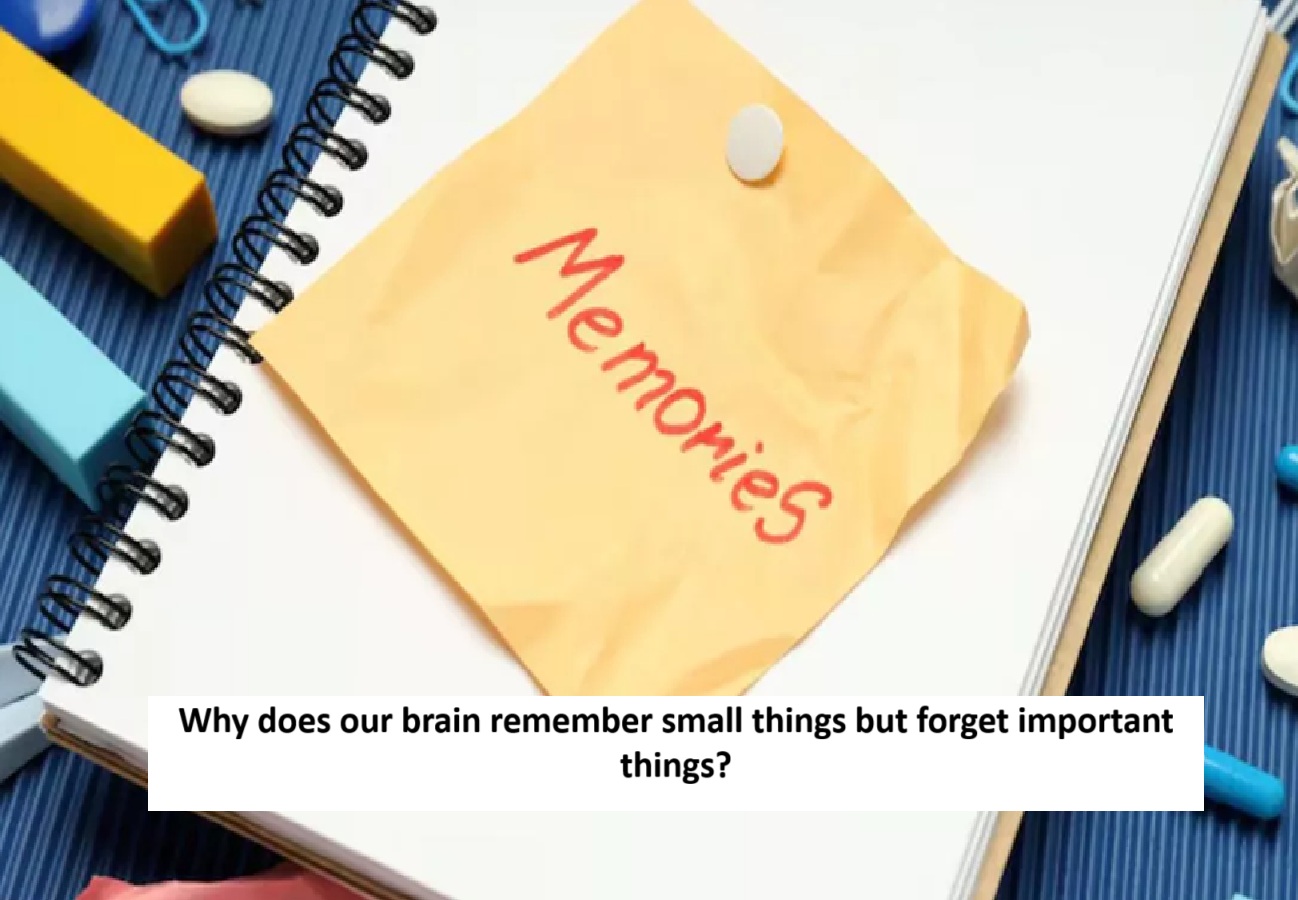
News Topical, Digital Desk : It happens to all of us that some events remain fresh in our memories without even trying, while others, no matter how important, gradually fade away. The question is, how does the brain decide which memories to cherish and which to forget?
To understand why this happens, scientists at Boston University conducted a study, published in the journal Science Advances. Let's explore what this study revealed and why the brain easily remembers some things, while others remain difficult to remember even if we try.
Why can't I remember everything?
The scientists who participated in this study say that our memory isn't a camera that records everything equally. Rather, the brain decides which events are important and worth preserving for a long time. Importantly, even ordinary events are remembered only when they are linked to something emotional or shocking.
For example, imagine you're watching lottery numbers on TV and suddenly discover you've won a big prize. The joy of that moment will undoubtedly be remembered, but what you were doing just before—even something trivial—can also be remembered for a long time.
The brain selects the memory
Professor Robert M.G. Rinehart explains that memory formation is an active process in which our brains decide which information is important. When an emotional or significant event occurs, it helps our brains make even "weak memories" permanent.
How does the brain select memories?
The study also revealed that the brain evaluates memories on a "grading scale." If an important event occurs, events that occur immediately after it are remembered based on their emotional strength. Meanwhile, events that precede the event are remembered if they have a similarity or connection to the event.
Interestingly, if other memories are highly emotional, the brain downplays them. This means the brain protects those weak memories that would otherwise be easily forgotten.
So now you understand why we remember many seemingly trivial things, but forget important ones. Our brains only preserve memories that are emotional, significant, or connected to a special moment. Even simple things are stored in the brain only when they are connected to larger experiences. This is why some memories remain forever in our hearts and minds, while others fade away with time.
--Advertisement--

 Share
Share



